One area where automation can bring significant benefits is accounting processes. As businesses strive to optimize their operations, the use of automation technology has become increasingly prevalent.
By automating accounting processes, businesses can improve efficiency, reduce errors, and save time and money. In this blog post, we will explore the benefits of automation of accounting processes using AI chatbots.
You can also check out and interact with our pre-built chatbot templates for various finance and banking processes by clicking here 👉 https://hellotars.com/chatbot-templates/finance-banking
What is Automation of Accounting Processes?
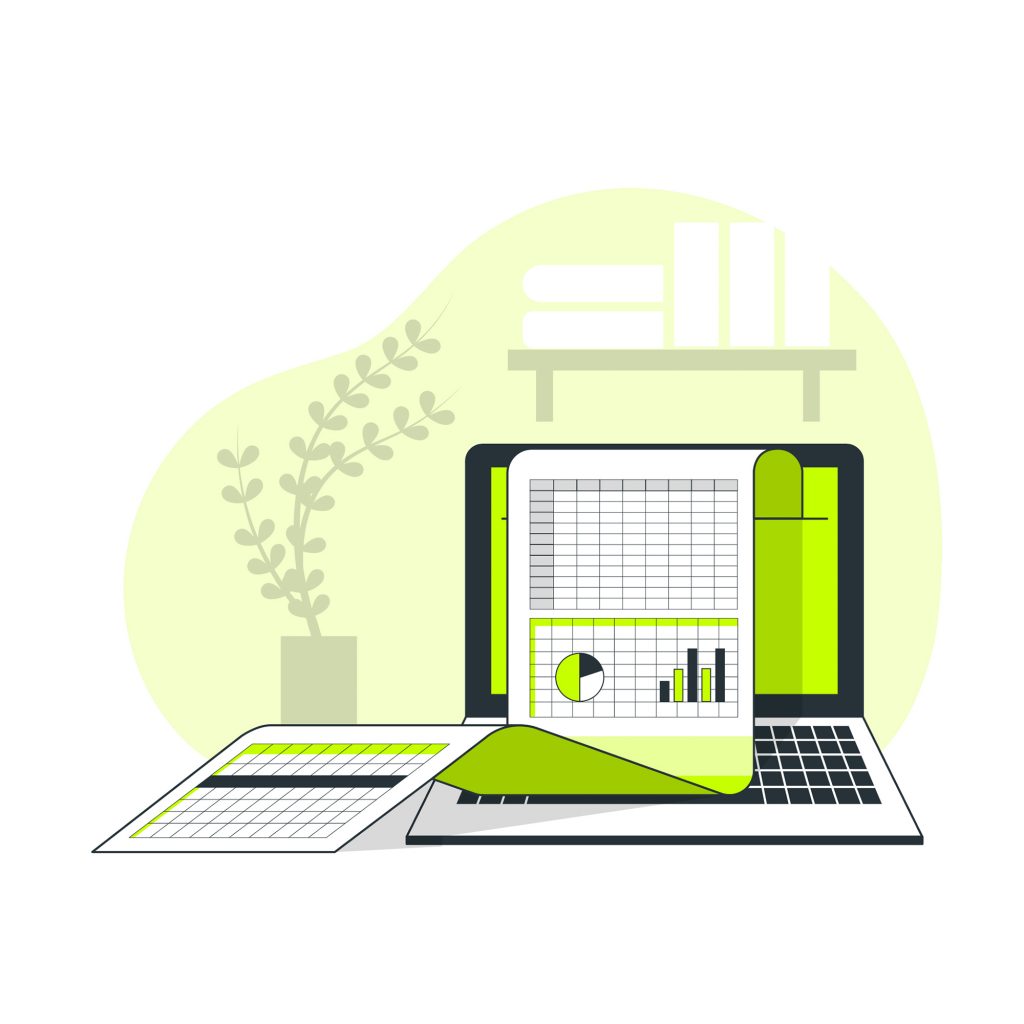
Automation of accounting processes refers to the use of technology to perform accounting tasks that were previously done manually. This includes tasks such as invoice processing, account reconciliation, and financial reporting. Automation can improve the accuracy and efficiency of accounting processes while reducing the risk of errors.
Types of automation in accounting processes include:
- Robotic Process Automation (RPA)
- Artificial Intelligence (AI)
- Machine Learning (ML)
What are AI Chatbots?
AI chatbots are computer programs that use artificial intelligence to simulate human conversations. In the accounting industry, AI chatbots can be used to automate tasks such as answering customer queries, processing invoices, and providing financial reports. There are different types of chatbots that can be used in accounting processes, including rule-based chatbots and AI-powered chatbots.
What is Automation in AI?
Automation in AI refers to the use of artificial intelligence (AI) technologies to automate tasks and processes that were previously performed by humans. With automation, businesses can streamline their operations, reduce errors, and increase efficiency.
How Does Automation in AI Work?
Automation in AI works by using machine learning algorithms and natural language processing (NLP) to analyze data, learn from patterns, and perform tasks automatically. Machine learning algorithms are trained on large datasets to identify patterns and make predictions, while NLP algorithms enable computers to understand and respond to human language.
How AI Chatbots can be Used for Automation of Accounting Processes
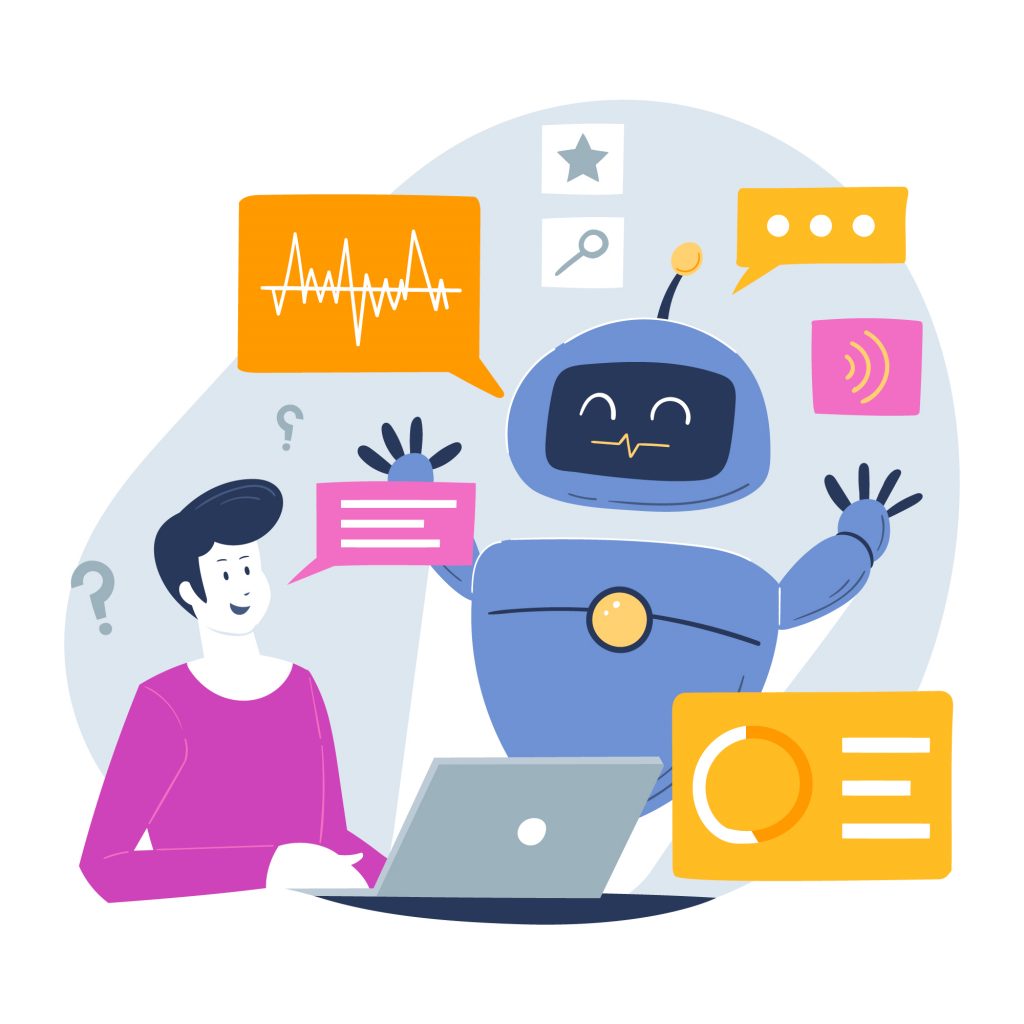
AI chatbots can be used to automate a variety of accounting processes. Consider the examples given below:
AI Chatbots for Accounts Payable:
AI chatbots can be used to streamline the accounts payable process by automating invoice processing, vendor management, and payment processing. By automating these tasks, businesses can reduce errors, improve efficiency, and save time and money.
✅Invoice Processing
AI chatbots can be trained to recognize invoice details, such as invoice number, amount, and due date, and then process the invoice automatically. This can help businesses save time and reduce the risk of errors. Additionally, AI chatbots can match invoices to purchase orders and contracts, ensuring that invoices are accurate and authorized.
✅Vendor Management
AI chatbots can help businesses manage their vendor relationships by automating communication, tracking performance metrics, and identifying opportunities for cost savings. For example, AI chatbots can send automated reminders to vendors about upcoming payments or contracts, track delivery times and quality, and identify vendors that consistently offer lower prices or higher quality products.
✅Payment Processing
AI chatbots can automate the payment process by sending payments to vendors and reconciling payments with invoices. By automating these tasks, businesses can save time and reduce the risk of errors.
AI Chatbots for Accounts Receivable:

AI chatbots can also be used to automate the accounts receivable process by streamlining customer invoicing, payment collection, and customer support. By automating these tasks, businesses can improve cash flow, reduce errors, and provide better customer service.
✅Customer Invoicing
AI chatbots can automate the customer invoicing process by generating and sending invoices automatically. This can help businesses save time and reduce the risk of errors. Additionally, AI chatbots can track invoice status and send automated reminders to customers about upcoming payments.
✅Payment Collection
AI chatbots can automate the payment collection process by sending reminders to customers about overdue payments and providing a convenient way for customers to make payments. For example, AI chatbots can integrate with payment processing platforms to allow customers to make payments directly through the chatbot.
✅Customer Support
AI chatbots can provide customer support by answering customer queries, providing financial advice, and resolving issues related to invoices or payments. By automating customer support, businesses can provide faster response times and improve customer satisfaction.
AI Chatbots for Financial Analysis:
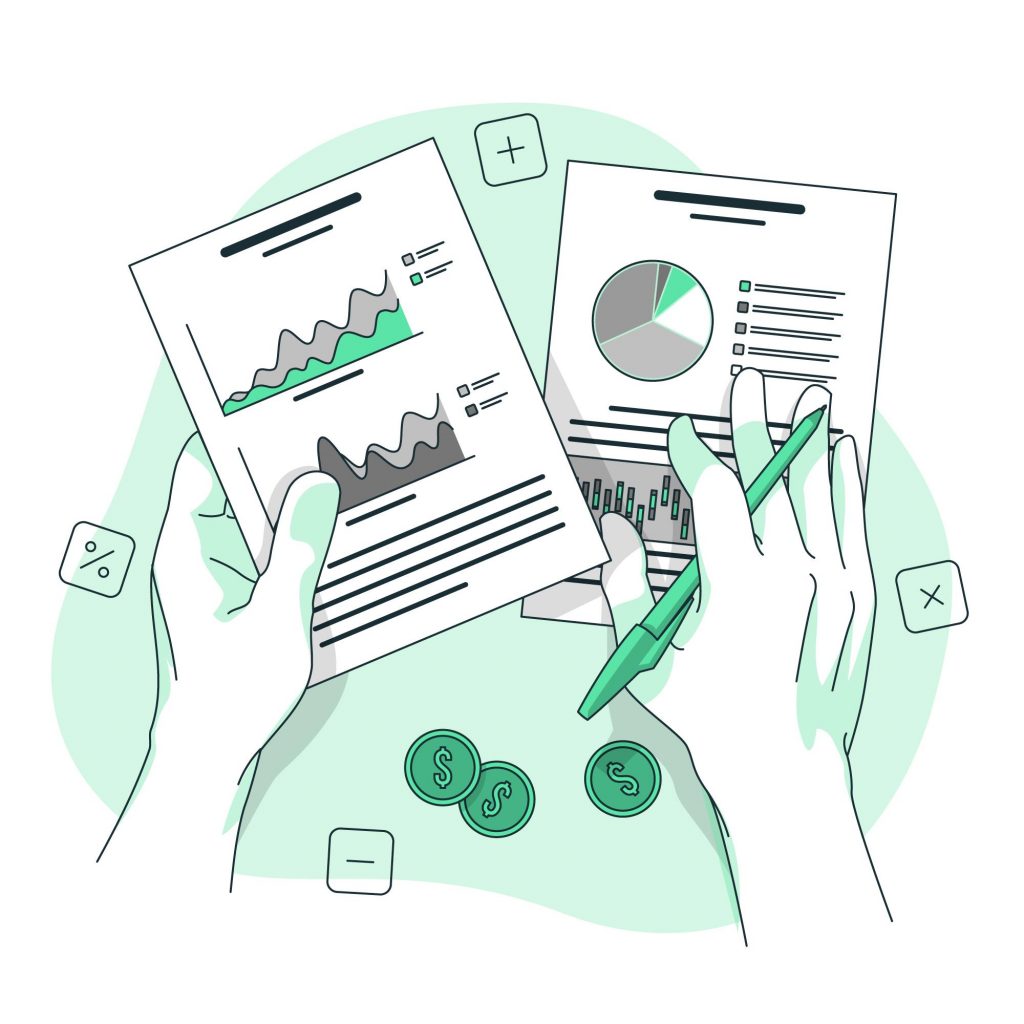
AI chatbots can also be used to automate financial analysis tasks, such as trend analysis, forecasting, and scenario modeling. By automating these tasks, businesses can gain insights into their financial performance and make more informed decisions.
✅Trend Analysis
AI chatbots can analyze financial data over time to identify trends and patterns. For example, AI chatbots can analyze revenue data to identify which products or services are most profitable, or analyze expense data to identify areas where costs can be reduced.
✅Forecasting
AI chatbots can use historical data to generate forecasts of future financial performance. For example, AI chatbots can generate revenue forecasts based on historical sales data, or generate expense forecasts based on historical expense data.
✅Scenario Modeling
AI chatbots can model different financial scenarios to help businesses make informed decisions. For example, AI chatbots can model the financial impact of expanding into a new market, or the impact of changing pricing strategies.
Account Reconciliation:
Account reconciliation involves comparing financial records to ensure they are accurate and complete. AI chatbots can reconcile accounts automatically, identifying discrepancies and flagging them for review by accountants. This can help businesses save time and improve accuracy.
For example, Xero, an accounting software company, uses AI chatbots to reconcile accounts. Their chatbot, called Hey Xero, can identify discrepancies in financial records and flag them for review by accountants.
Financial Reporting:
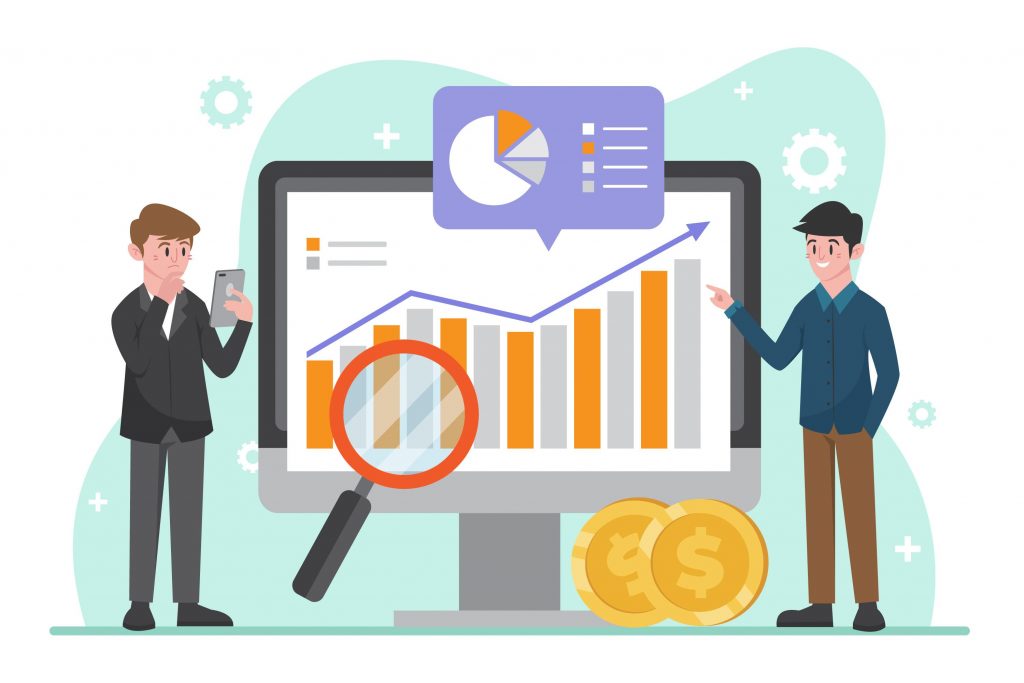
Financial reporting involves generating reports such as balance sheets, income statements, and cash flow statements. AI chatbots can generate these reports automatically, saving time and reducing the risk of errors.
For example, Workday, the finance and HR software company, uses AI chatbots to generate financial reports. Their chatbot, called Workday Assistant, can generate financial reports automatically, saving time for accountants.
How to Start Using an AI Chatbot for the Automation of Accounting Processes
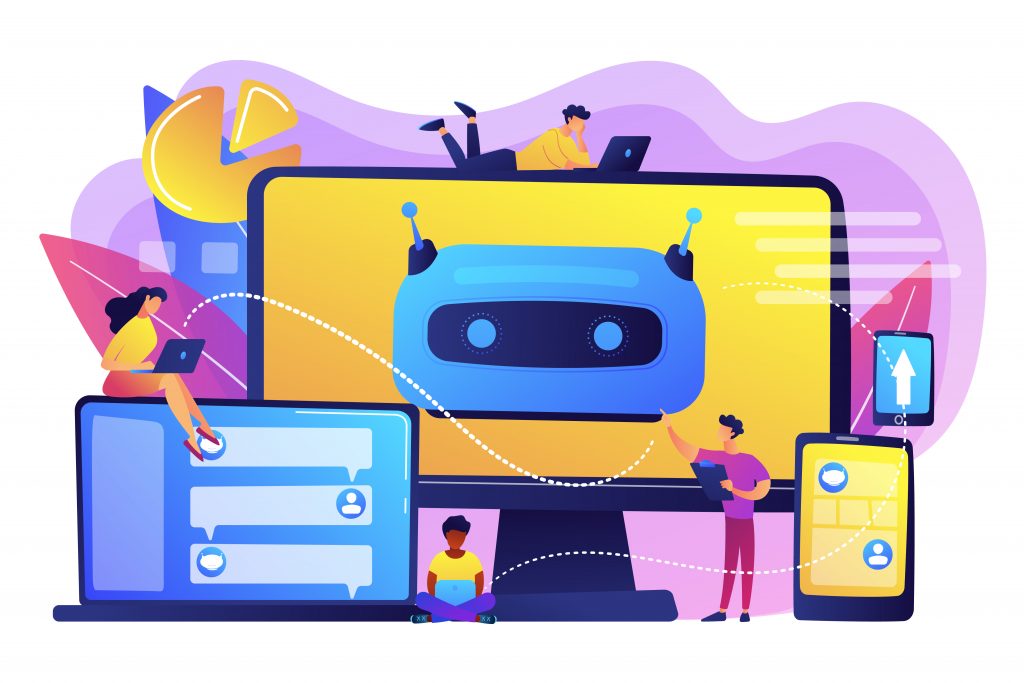
If you want to start using an AI chatbot to automate your company’s accounting processes, you have come to the right place.
Simply book a free demo and our in-house experts will walk you through the entire process.
Here is what we offer:
✅We will listen to your specific requirements and build a chatbot tailor-made for your needs.
✅We will handle the entire process from planning and creation to testing and deployment.
✅Our CS team will stay in touch even after the chatbot is live to ensure it is working as intended.
✅TARS chatbots come with an advanced data analytics section to help you keep track of the details of every conversation and easily calculate your ROI.
✅Our team will also take care of any changes or optimizations that you may require in the future.
✅TARS chatbots are omnichannel and can be deployed across – websites, phone apps and sms/texts.
Book a free demo today to get started.

My name is Vinit Agrawal and I am the Founder and CTO of Tars. I have been working on the Tars Chatbot Builder since 2015 and my core strength is in building software products with simple and functional user experiences focusing on bringing some core business results. My current role in the company is a mix of Product Manager, Engineering Manager and in Business & Marketing Strategy.
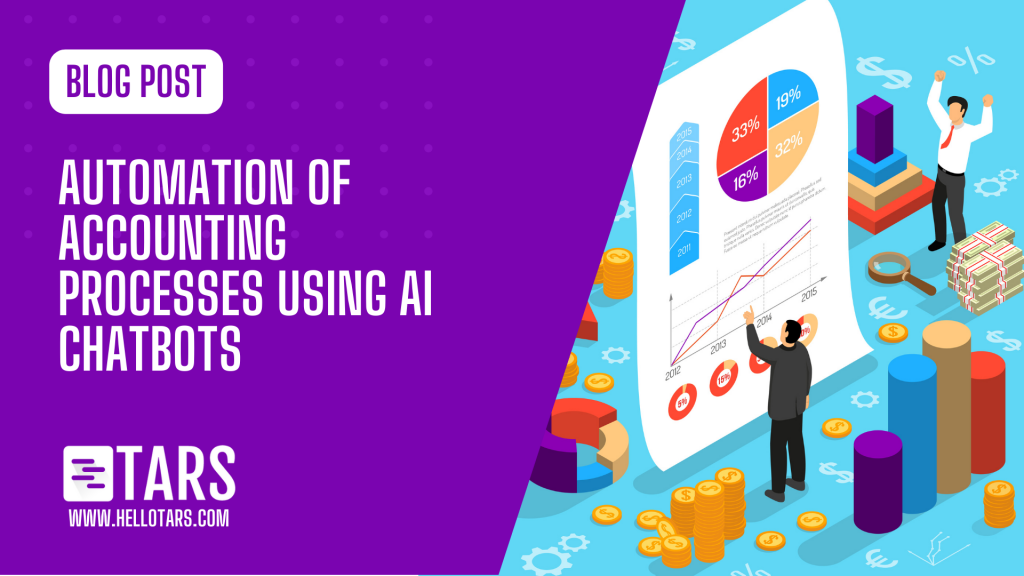
0 Comments on "Automation of Accounting Processes Using AI Chatbots"